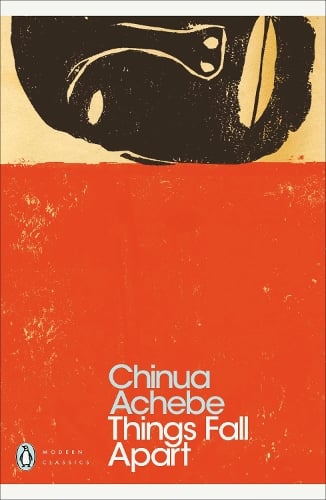The story feels highly relevant today, exploring societal change and the tension between old and new ways.
This Reddit discussion emphasizes how the novel's themes of societal transition resonate with contemporary readers. It portrays the conflict between fading traditions and emerging new influences, making the story feel timeless and relatable. The perspective shared values the book for its exploration of how people navigate cultural upheaval and identity.
Quick quotes
It's a story about societal change, it felt very relevant to today honestly.
The old ways dying out, new ways taking hold, and how people choose to respond.
The novel captures the tension between tradition and change.
